PORTLAND, Ore. (KOIN) — Four people involved in major property development downtown — Homer Williams, Patrick Gilligan, Jim Mark, Vanessa Sturgeon — speak out on what people can see with their own eyes. The heart of Portland is in crisis.
But this story doesn’t look just at the problems. KOIN 6 News also looks at their suggested solutions and their reasons for optimism.
In conversations with these developers and with Mayor Ted Wheeler, one thing is clear: The time to act is now — and there are things that are moving forward.
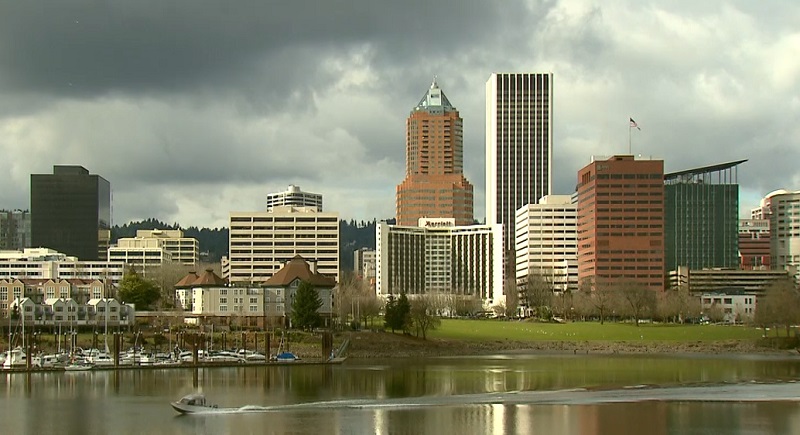
The problems
Patrick Gilligan with Lincoln Property Company said he thinks “there’s just a lack of a sense of urgency coming from government officials.”
Jim Mark with Melvin Mark Brokerage Companies said it’s also a community mindset. “Unfortunately, right now, I think we have too much naysaying, you know, how can’t we do it?”
Vanessa Sturgeon with TMT Development said, “I definitely think downtown Portland is saveable.”
According to analysis for the Mayor’s Office, Portland’s central business district accounts for almost three-quarters of all gross income produced in the city, but another recent study said Portland’s downtown is one of the slowest to recover compared to other larger cities. The problems plaguing downtown Portland show up as empty storefronts. The current vacancy rate for commercial buildings is about 26-27%, which was initially spurred by how technology changed the way people work and shop.
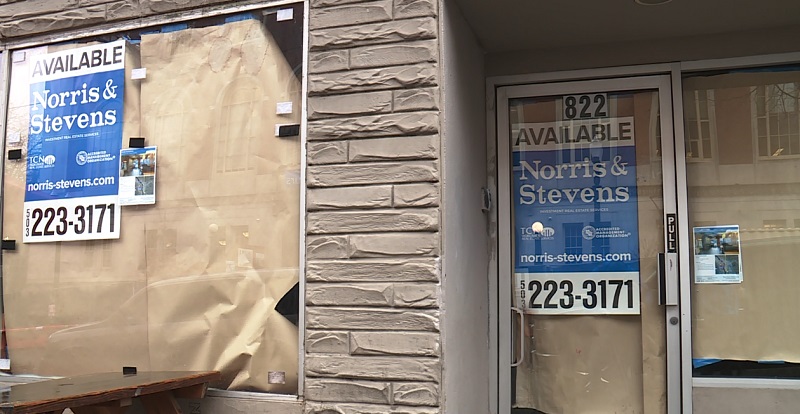
“It happened quickly,” Mark said. “But it’s been happening for 10 years.”
Melvin Mark Brokerage Company has one-third of its buildings in downtown Portland. He and other property managers know the vacancy rate is likely misleading.
“That doesn’t include shadow vacancy,” Sturgeon said. Shadow vacancy is leases ending on office space that’s not being used. She believes the vacancy rate will get worse.
“We’re probably headed to a number closer to 40% in the next 18 months.”
Williams echoed that thought. “Ultimately the bank will have to take it back.”
Homer Williams was a driving force behind the Pearl District and the South Waterfront. “We will see, I think, this year office buildings being auctioned off.”
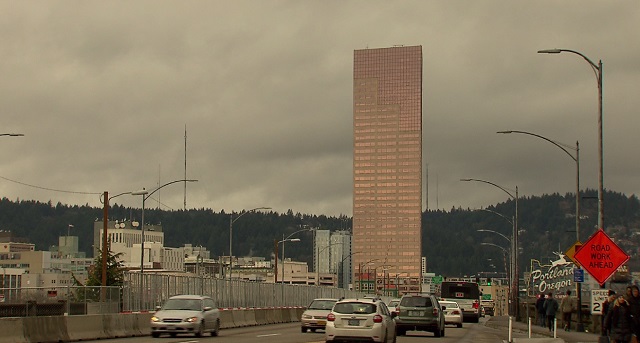
“It’s already the reality,” Sturgeon said. “I mean, we have 20% of downtown Portland is in foreclosure or pre-foreclosure at this point.”
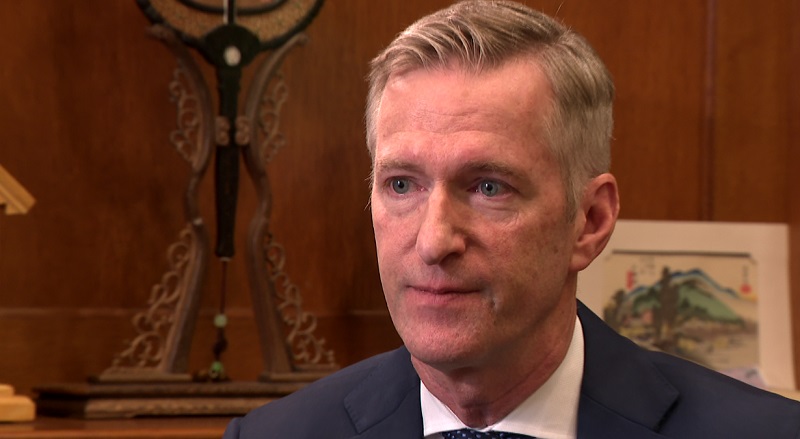
Mayor Wheeler is very aware.
“Fifteen years ago we thought we had it all in downtown Portland,” Wheeler told KOIN 6 News. “But we also had a fatal flaw that we didn’t see until the pandemic revealed it. And that was that cities that have housing in their urban core rebounded much, much more quickly than cities that don’t have housing, like us.”
Some solutions
Gilligan’s employer, Lincoln Property Company, owns buildings like the PacWest Center. He and others who spoke with KOIN 6 News have been talking with the mayor’s office on strategies to bring more people downtown by eliminating roadblocks.
“Right now it feels like everyone just would rather bury their head in the sand than confront it and try to find ways to bring folks back into the core. And I think there’s a lot of great ideas being circulated, but there needs to be action. It needs to be fast,” he said.
He suggests looking “at our regulatory environment,” while Sturgeon suggests “streamlining permits.”

The building and sewage permit process is lengthy and expensive, they said. Wheeler’s office said they are drafting an ordinance to reduce the city’s fees.
Wheeler understands there may be some blowback about this.
“Everything comes with blowback. But, look, you have to focus on the goal. The goal is more housing. And if you want more housing, you need developers, and you need investors in that affordable housing,” the mayor said. “And what they need is return on investment. It has to pencil out for them, or they won’t do it.”
One idea Wheeler’s office is exploring to save downtown Portland is what New York City did in the early 1990s — converting commercial buildings to residential. That would produce more people living up above who go downstaris and spend their money at businesses.
The mayor hired 2 companies that are doing a feasibility study. But Williams doesn’t think this plan will work.
“I just don’t see it. You’ve got major office buildings with large floor plates,” he told KOIN 6 News. “You can’t convert those. It doesn’t work.”
What he means is apartments and condos need windows. If affordably-sized apartments were built in a large building, all the space in the center would be wasted.
A preliminary review for the mayor’s office last summer identified 14 downtown buildings that might be good for conversion. All of them are smaller buildings.
Any building converted from commercial to residential must have expensive seismic upgrades. Wheeler said his office is looking at whether those requirements can be eased.
“I want to be very, very clear that conversion is one of many strategies that we would pursue. But it’s not the magic bullet,” the mayor said.
Another issue is that Multnomah County voters embraced taxes to fight the homeless crisis and preschool for all. Portland now has one of the highest income tax rates in the country.
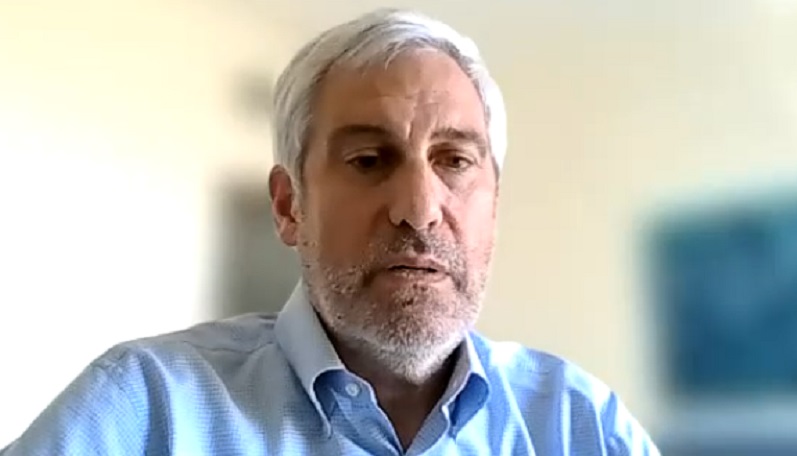
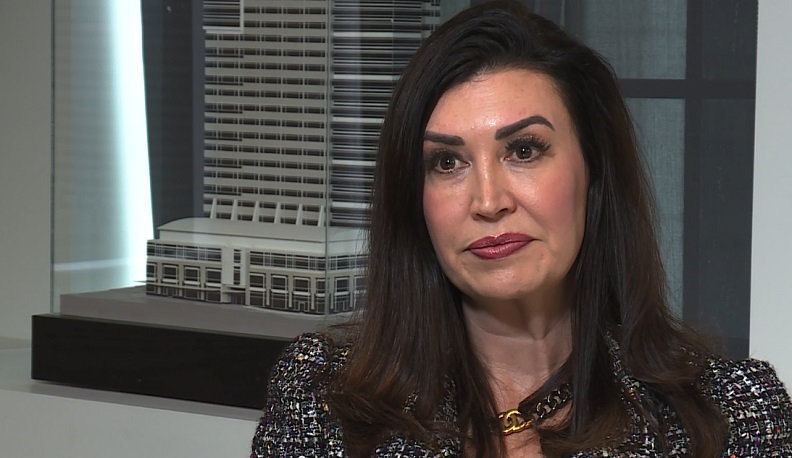
Sturgeon said that “is pushing a lot of people out and deterring people from coming back to work in Portland because if they live outside the county, they can work from home and pay a lot less in taxes.”
A different idea is to make downtown Oregon’s 77th enterprise zone, or create similar conditions where investors would get tax breaks. That’s what Hillsboro used to become the heart of the Silicon Forest.
“I think we need a spark,” Mark said. “We’re working on a waterfront pavilion for concerts down at the river place right in front of your building (KOIN Tower) and mine which would be fabulous to have an amphitheater in town.”
The optimism
Homer Williams was the least optimistic of the group who spoke with KOIN. Asked what it would take to revitalize downtown Portland, he said, “I don’t think that there’s a path, frankly.”

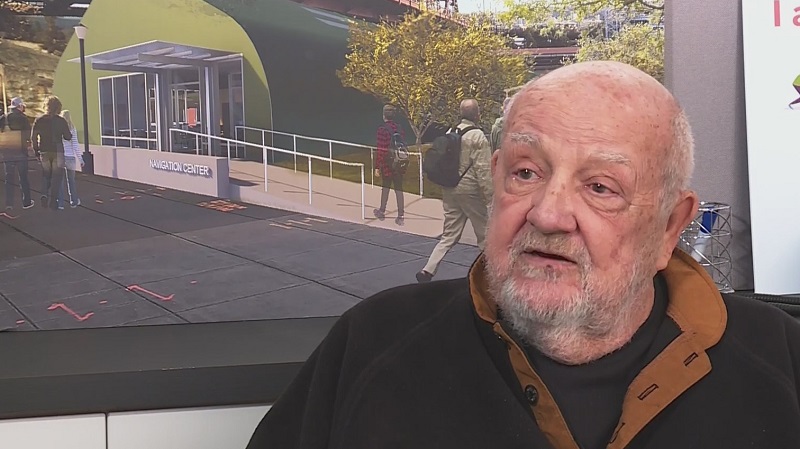
Vanessa Sturgeon is cautious.
“My outlook is reserved optimism because we have a lot of things working against us, but we do have a more engaged public than I’ve ever seen,” Sturgeon said.
Gilligan said fixing the crisis comes down to numbers.
“If we don’t want to admit and understand basic economics, then we are going to have some trouble getting out of this current funk that we’re in,” Gilligan said.
Jim Mark had the rosiest view.
“I’m an optimist,” he said.
He sees encouraging signs and recently leased some of his own downtown office space. He points to the grand opening soon of the Ritz Carlton Hotel.
“I’m very impressed with some of the mayor’s staff and with city staff that’s really putting a lot of time and heart in it, to be honest with you,” Mark said.
The mayor’s office hired Gensler architecture firm and ECONorthwest consulting to look at more properties that could be suitable for converting to residential. Wheeler also said his office is looking at whether 400 city properties could be used for shovel-ready affordable housing projects.
“As I look at all of these areas,” Mayor Wheeler said, “the work we’re doing around homelessness, around livability, to clean up our city around public safety, to get more officers on board and address specific, specific types of criminal activity, I believe we have acted with urgency. Now where I would agree is we haven’t seen the results. We’re starting to see the results, but it’s way too early to stick a flag in the ground and declare victory.”